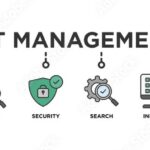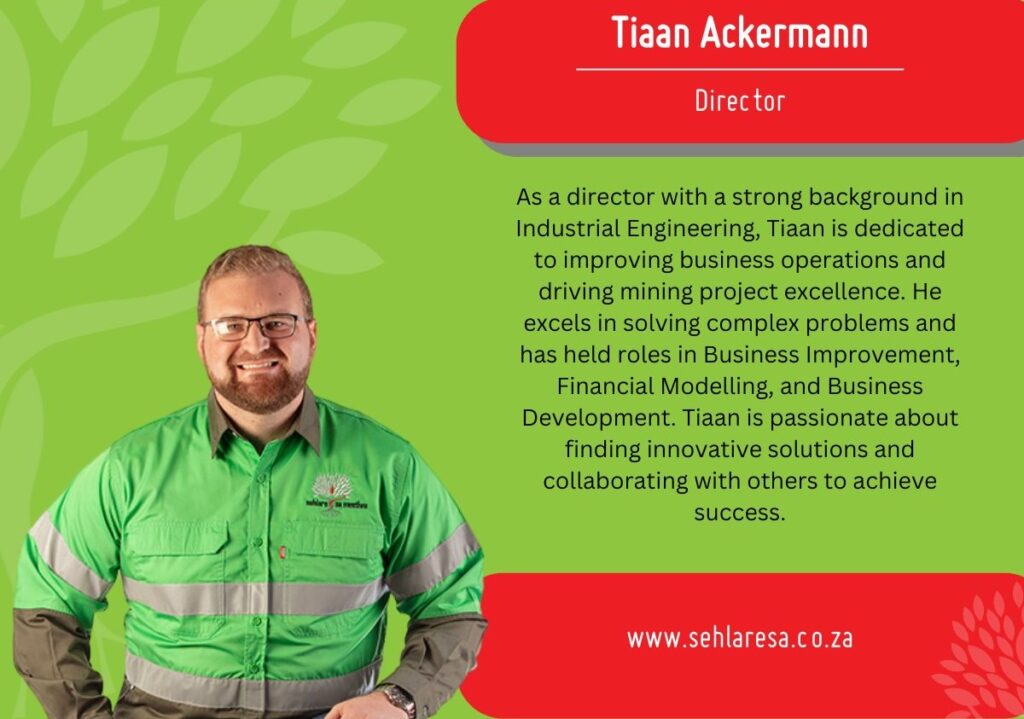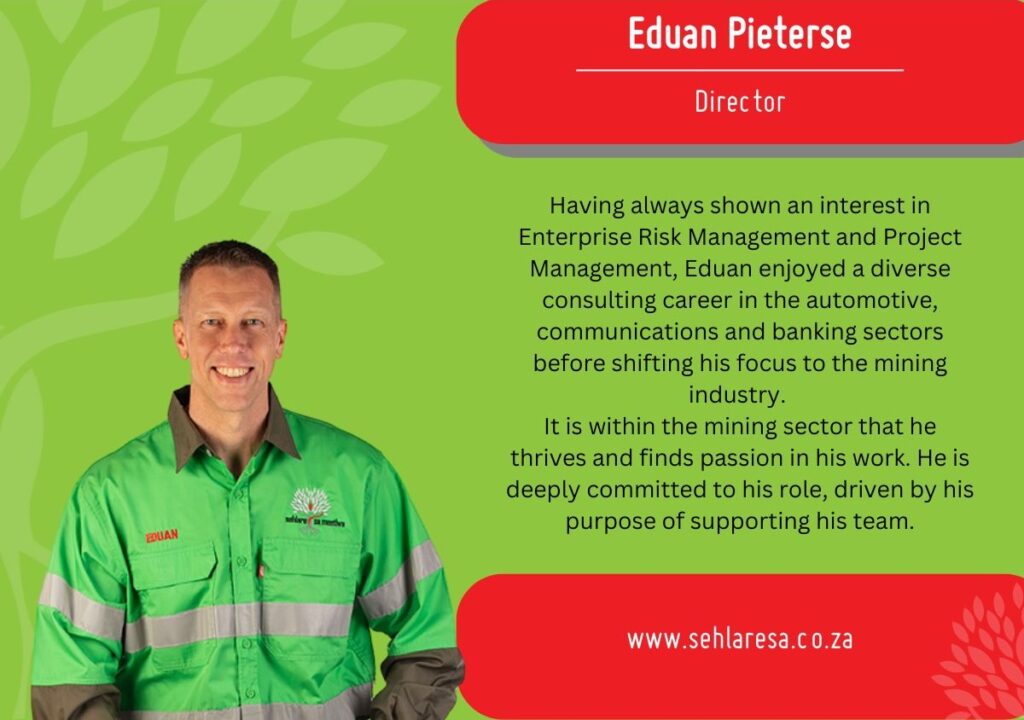Project & Construction Management Techniques for Successful Mining Exploration
In the high-stakes world of construction and mining, even the slightest misstep can lead to significant delays, budget overruns, and project failure. Mastering project and construction management techniques is crucial for construction managers, project planners, and site engineers. This post will guide you through the best practices that can help ensure your construction and mining projects are completed on time and within budget.
The Importance of Effective Project Management in Construction and Mining
Effective project management is the backbone of successful mining and construction projects. It involves planning, coordinating, and overseeing all aspects of a project to ensure it meets the set objectives. For construction managers and their teams, this means paying attention to every detail, from the initial planning stages to the final touches. As your local engineering partner, we emphasize the importance of Construction Management & Engineering Services in achieving project success.
Why Project Management Matters
Project management is essential in mining and construction for several reasons:
- Timely Completion: Proper project management ensures that tasks are completed on schedule, avoiding costly delays.
- Budget Control: Effective management helps keep the project within budget by monitoring expenses and making necessary adjustments.
- Quality Assurance: By overseeing every aspect of the project, managers can ensure that the work meets the required standards.
Setting Clear Objectives and Goals
Having clear objectives and goals is the first step in successful project management. These provide a roadmap for the entire project, helping to keep the team focused and aligned.
Defining Your Project Scope
The project scope outlines the work required to complete the project. It includes descriptions of the project’s deliverables, timelines, and resources needed. A well-defined scope helps prevent scope creep, where additional tasks or changes cause delays and budget overruns. Studies & Construction Support Services can greatly aid in defining a clear project scope.
Establishing Key Performance Indicators (KPIs)
KPIs are measurable values that indicate how well the project is progressing towards its goals. Common construction KPIs include project timeline adherence, budget variance, and quality metrics. These indicators help managers track progress and make informed decisions.
Setting Milestones
Milestones are significant points in the project timeline, such as the completion of a phase or delivery of critical materials. They provide targets for the team to aim for and help keep the project on track.
Effective Communication Strategies
Communication is vital in construction management. Clear and consistent communication ensures that everyone involved in the project is on the same page.
Regular Team Meetings
Holding regular meetings with your team helps to address any issues promptly and ensures that everyone is aware of the project’s status. These meetings can be daily, weekly, or bi-weekly, depending on the project’s complexity.
Using Communication Tools
Modern communication tools like Slack, Microsoft Teams, and Trello can facilitate better communication among team members. These tools allow for real-time updates, file sharing, and task management.
Stakeholder Engagement
Engaging with stakeholders, including clients, suppliers, and subcontractors, is crucial. Regular updates and open lines of communication help build trust and ensure that everyone is working towards the same goals. Partnering with SSM Engineering Services and focusing on Construction Safety & Environmental Services also enhances stakeholder confidence and project integrity.
Leveraging Technology in Construction Management
Technology has revolutionised Construction Management, providing tools that enhance efficiency and accuracy.
Building Information Modelling (BIM)
BIM is a digital representation of the physical and functional characteristics of a building. It allows for better visualisation, coordination, and collaboration among project stakeholders. BIM can help identify potential issues early, reducing the risk of costly rework. SSM, Your local engineering partner can assist in implementing BIM effectively.
Project Management Software
Software like Procore, Buildertrend, and PlanGrid provides comprehensive solutions for managing construction projects. These platforms offer features like document management, scheduling, and cost tracking, making it easier to oversee all aspects of the project. Incorporating these tools into your Construction Management & Engineering Services can streamline operations.
Drones and Robotics
Drones can be used for site surveys, inspections, and progress tracking. They provide a bird’s-eye view of the site, helping to identify potential issues that might not be visible from the ground. Robotics, on the other hand, can automate repetitive tasks, improving efficiency and reducing labour costs. These technologies are vital in modern Construction Management.
Implementing Risk Management Practices
Construction and mining projects are inherently risky, with potential hazards ranging from safety issues to financial uncertainties. Effective risk management involves identifying, assessing, and mitigating these risks. Collaborating with SSM in Construction Safety & Environmental Services can ensure a safer work environment.
Conducting a Risk Assessment
A thorough risk assessment helps identify potential risks and their impact on the project. This involves examining factors like site conditions, weather, supply chain reliability, and regulatory requirements. Engineering Services can provide valuable insights during this assessment phase.
Developing a Risk Management Plan
A risk management plan outlines strategies for mitigating identified risks. This might include contingency plans, insurance coverage, and safety protocols. Having a plan in place ensures that the team is prepared to handle unexpected challenges. Studies & Construction Support Services can be instrumental in developing these plans.
Monitoring and Adjusting
Risk management is an ongoing process. Regularly monitoring the project for new risks and adjusting the risk management plan as needed helps keep the project on track and minimises disruptions. Continuous collaboration with your local engineering partner can help in this regard.
Ensuring Quality Control and Assurance
Quality control and assurance are critical in Construction and mine Management. They ensure that the project meets the required standards and specifications.
Establishing Quality Standards
Before the project begins, establish clear quality standards and specifications. These should be documented and communicated to all team members to ensure consistency. Leveraging Engineering Services can help in setting these standards.
Implementing Quality Control Processes
Quality control processes involve regular inspections and testing throughout the project. This helps to identify and rectify any issues early, preventing costly rework and ensuring that the final product meets the desired quality. SSM’s Construction Management & Engineering Services can provide the necessary expertise to implement these processes effectively.
Continuous Improvement
Continuous improvement involves regularly reviewing and refining processes to enhance quality. This can be achieved through regular feedback sessions, training programmes, and adopting best practices from previous projects. Engaging with Studies & Construction Support Services can facilitate this continuous improvement journey.
Effective Resource Management
Resource management involves the efficient allocation and utilisation of resources, including labour, materials, and equipment.
Labour Management
Effective labour management involves hiring skilled workers, providing adequate training, and ensuring that labour is used efficiently. Tools like workforce management software can help streamline this process, making it a crucial part of Construction Management & Engineering Services.
Material Management
Material management involves procuring, storing, and using materials efficiently. Proper material management helps prevent wastage, reduce costs, and ensure that the project stays on schedule, which is vital for Studies & Construction Support Services.
Equipment Management
Equipment management involves maintaining and utilising equipment effectively. Regular maintenance and timely repairs help prevent breakdowns and ensure that equipment is available when needed, supporting both Construction Safety & Environmental Services and overall project efficiency.
The Role of Leadership in Construction Management
Strong leadership is crucial in Construction Management. Effective leaders inspire and motivate their teams, making it easier to achieve project goals, and ensuring high standards in Engineering Services.
Leading by Example
Leading by example involves demonstrating the behaviours and attitudes you expect from your team. This includes being punctual, maintaining a positive attitude, and showing a strong work ethic, setting a standard in Construction Management & Engineering Services.
Providing Clear Direction
Clear direction involves setting expectations, providing guidance, and ensuring that everyone understands their roles and responsibilities. This helps to keep the team focused and aligned with project goals.
Fostering a Positive Work Environment
A positive work environment boosts morale and productivity. This can be achieved by recognising and rewarding good performance, providing growth opportunities, and promoting a culture of collaboration and respect, which are critical aspects of Construction Safety & Environmental Services.
Conclusion
Mastering Construction Management techniques is essential for the success of any construction project. By setting clear objectives, leveraging technology, implementing risk management practices, and ensuring quality control, construction managers, project planners, and site engineers can achieve their project goals efficiently and effectively. Remember, strong leadership and effective communication are the cornerstones of successful project management. By adopting these best practices, you can ensure that your construction projects are completed on time, within budget, and to the highest standards.
Ready to take your Construction Management skills to the next level?























